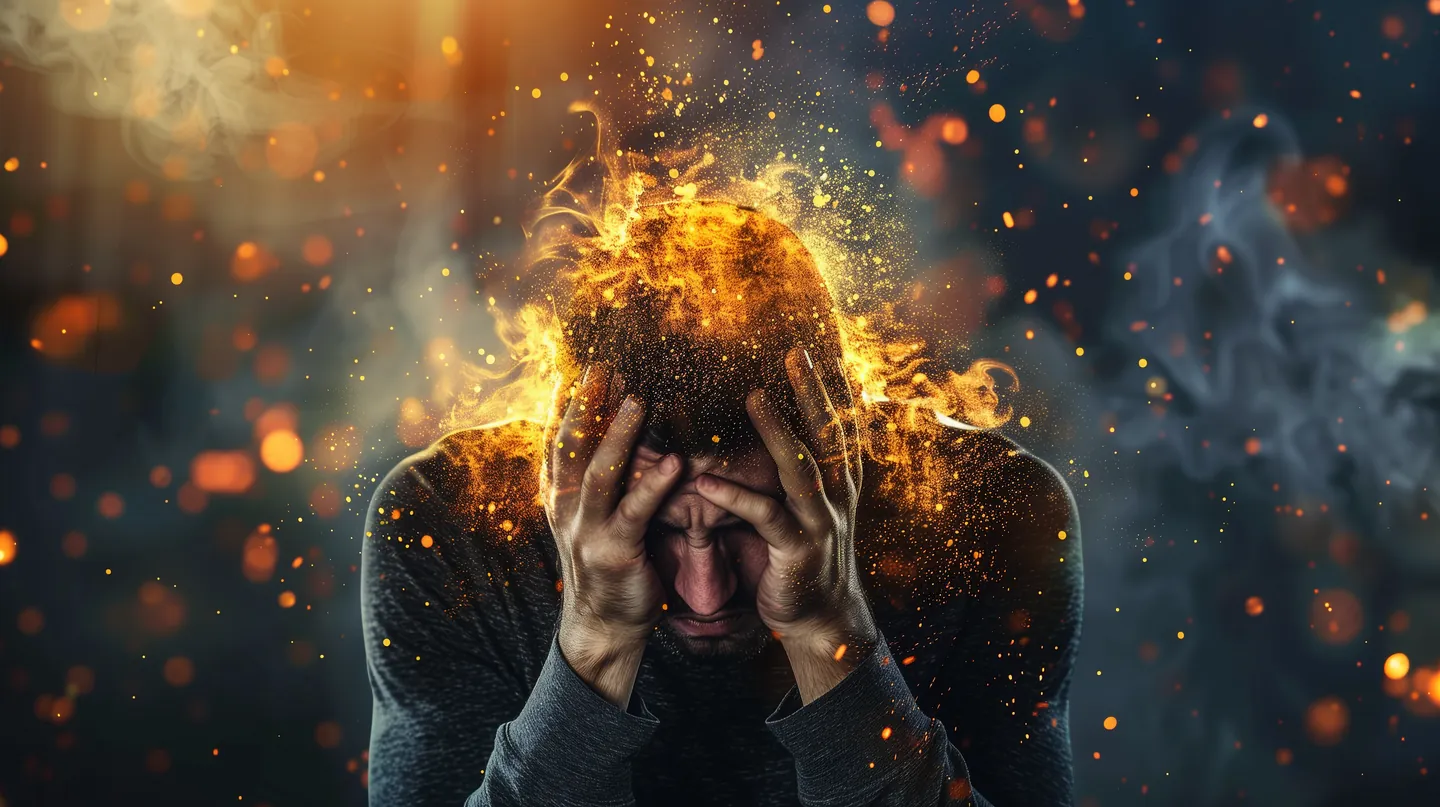Anxiety can be a formidable obstacle on the path toward achieving personal happiness and well-being. It pervasively seizes our thoughts, restricts our actions, and detrimentally impacts the quality of our lives. However, a variety of established methods and practical techniques are available that can effectively assist individuals in overcoming anxiety. This article aims to explore some of the most efficacious of these techniques in depth.
Defining Anxiety

Anxiety represents an emotional condition marked by sensations of unease, tension, or dread that may be justified as responses to clear dangers or might be utterly baseless. It typically functions as a standard and sometimes beneficial response to potential hazards or high-pressure scenarios by engaging our "fight or flight" mechanism, thus preparing us to confront these threats effectively.
Exploring the Roots of Anxiety
The causes behind anxiety are diverse and complex. Sources of anxiety might encompass issues at a personal or family level, stress originating from one's professional or academic surroundings, economic troubles, health-related anxieties, among others. Additionally, inherent factors like genetic susceptibility or neurochemical imbalances significantly contribute to the onset of anxiety.
Expressions of Anxiety
Anxiety manifests through both emotional and physiological symptoms. Emotionally, one might experience ongoing concern, a pervasive sense of gloom, irritability, and overwhelming fear. Physiologically, the symptoms may include rapid heartbeats, profuse sweating, shaking, exhaustion, or sleep disturbances.
Recognizing Problematic Anxiety
It is essential to identify the threshold between ordinary anxiety and conditions requiring expert intervention. Anxiety becomes a concern when it disrupts routine life, causes profound distress, or overwhelmingly controls one's actions, possibly signaling an anxiety disorder.
Understanding Anxiety's Importance
Grasping the fundamental characteristics of anxiety is crucial for effective management and appropriate treatment. Recognizing the triggers and manifestations of your anxiety can significantly ease the journey towards recovery or adjustment to intricate life situations.
Relaxation Strategies

The pursuit of relaxation is crucial, not just for enjoyment but for sustaining physical and emotional health. Acquiring and practicing various relaxation techniques can substantially lower stress, improve concentration, and boost vitality. We will investigate a variety of these methods that can be smoothly incorporated into daily routines.
Progressive Muscle Relaxation Technique
This method entails a conscious tension and subsequent relaxation of distinct muscle groups, starting with facial muscles and moving progressively to the neck, shoulders, arms, and eventually the lower limbs. This technique is effective for increasing awareness of physical stress and actively mitigating it.
Yoga
Yoga is a comprehensive practice that integrates physical poses, controlled breathing techniques, and meditation. It promotes not just physical relaxation but also substantially enhances emotional health. Consistent yoga practice has been proven to markedly diminish stress levels and boost overall wellness.
Harnessing the Power of Visualization
Visualization involves creating mental images that elicit tranquility and relaxation. Imagine yourself in a peaceful environment where you feel comfortable and happy, such as a quiet beach or a verdant forest.
The Importance of Rational Thinking
Rational thinking is essential in the sphere of critical thinking and is an invaluable asset in our contemporary world replete with varied perspectives. This cognitive ability aids in formulating logical decisions and maintaining neutrality in complex situations. This article will further detail the essence of rational thinking, its significance, and techniques for its development.
The Importance of Seeking Professional Help
In contemporary society, the availability of professional assistance is increasingly essential across various domains, including psychological support, medical care, legal advice, and financial guidance. This section will discuss the importance of timely access to professional help, the different types of assistance available, and how to access high-quality services.
Conclusion

Navigating through anxiety is a journey that demands time, patience, and strategic application of effective techniques. While it's important to acknowledge that feelings of anxiety are a normal part of human experience, they should not dominate your life. By employing the techniques and methods discussed, such as engaging in breathing exercises, maintaining regular physical activity, practicing rational thinking, and seeking professional guidance, you can manage anxiety more effectively and improve your overall quality of life.










